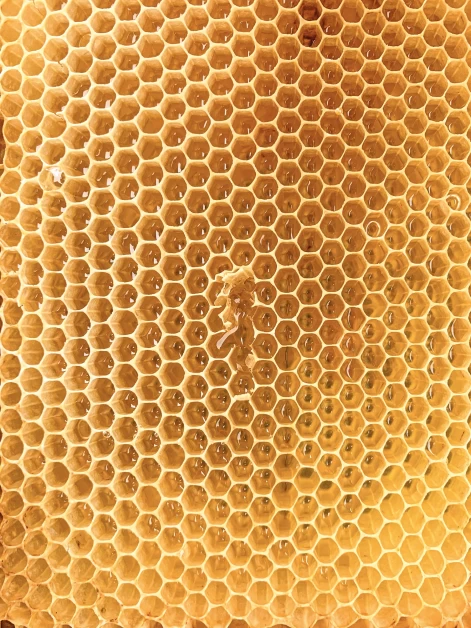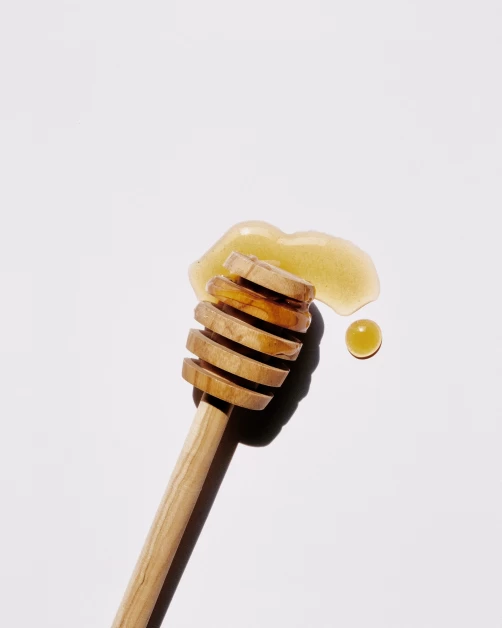Table of Contents
Introduction
In the realm of companion animal wound care, the use of natural products instead of antibiotics is gaining popularity. One notable player in this field is W.F. Young, an animal wellness company known for its line of natural Silver Honey wound care products. Recently, Pet Age had the opportunity to speak with Lucas Pantaleon, a Board Certified Internal Medicine Veterinarian with expertise in infection prevention. Through his company, DVM One Health and Ogena Solutions, Pantaleon advises clients in various sectors of animal health with a focus on improving the health of animals, people, and the environment.
The Role of the Skin Microbiome in Healing
The skin microbiome refers to the millions of microorganisms, such as bacteria, fungi, and viruses, that colonize the skin and form the skin microbiota. These microorganisms play crucial roles in skin health and healing. They protect against invading pathogens, break down natural products, and educate the skin’s immune system. Research has highlighted the complexity of microbial skin communities in dogs, cats, and humans.
When the skin barrier is compromised, the balance between “good and bad” microbes is disrupted, leading to the development of skin diseases. Conditions such as atopic dermatitis (skin allergies), skin infections, and lingering wounds are believed to be caused, at least in part, by alterations in the skin microbiome. Restoring the equilibrium in the skin microbiome and healing the skin barrier are essential steps in the treatment of these conditions.
The Healing Properties of Medical-Grade Manuka Honey
Manuka honey is a type of mono-floral honey derived from the nectar of the Manuka tree. It has gained recognition for its healing properties and is commonly used in wound care for both humans and animals. With the rise of antibiotic-resistant bacteria, the use of honey as a natural alternative has garnered increased attention and research.
Medical-grade Manuka honey (MH) contains several antibacterial compounds that make it an ideal treatment for wounds and skin infections in pets and humans. Its high sugar content dehydrates bacteria, effectively killing them. MH is also acidic, with a pH level between 3.2 and 4.5, which inhibits microbial growth. Additionally, MH has an enzyme that can transform sugar into hydrogen peroxide, a potent antiseptic. Moreover, MH contains a unique antibacterial compound called methylglyoxal (MGO), which is closely related to its antibacterial activity. Studies have demonstrated MH’s effectiveness against bacteria like Staphylococcus aureus and Pseudomonas aeruginosa, which are common culprits of skin infections in pets. Furthermore, MH can disrupt biofilms, which are resistant forms of bacteria that make infections challenging to treat.
Aside from its antibacterial properties, MH is rich in antioxidants, flavonoids, phenolic acids, and enzymes, all of which contribute to its anti-inflammatory activity. MH aids in the formation of new blood vessels and the growth of cells that facilitate wound healing.
The Benefits of Silver in Wound Treatment
Silver has been used for centuries in the treatment of various skin conditions. Silver ions have potent antibacterial effects, leading to the destruction and death of bacteria. Unlike antibiotics, which target specific bacterial sites and can be rendered ineffective by bacterial resistance, silver employs multiple mechanisms to combat bacteria, making it difficult for them to develop resistance.
In addition to its antibacterial properties, silver has anti-inflammatory effects. It promotes the formation of anti-inflammatory molecules within wounds and other skin problems, aiding in the healing process.
While silver products are commonly recommended for wound management due to their microbicide effects, traditional silver formulations, such as sprays, Silver Sulfadiazine, and powders, can cause cell injury and interfere with the skin healing process. However, newer silver formulations, like MicroSilver BG in Silver Honey, release silver ions in a more controlled manner, preventing toxic effects on healing wounds and providing sustained microbicidal activity.
Overlooked Aspects of Wound Care
Infection and inflammation are two critical factors that impact wound healing. It is common for pet owners to resort to over-the-counter antibiotic creams when their pets have skin infections or wounds. However, the overuse of antibiotics, even in topical form, contributes to the development of antibiotic-resistant bacteria. Resistant bacterial infections are more challenging and costly to treat, causing more suffering for pets and greater expense for owners.
To prevent the emergence of resistant bacteria, veterinarians and pet owners are increasingly turning to alternative products instead of antibiotics. Topical therapies like Silver Honey are successfully used to treat skin infections and wounds without promoting bacterial resistance, while also accelerating healing.
Another common issue in wound care is the use of concentrated antiseptic solutions, such as chlorhexidine and hydrogen peroxide, to clean wounds. These solutions are toxic to the growing cells of the skin, impairing the healing process and potentially causing additional pain and complications for pets.
Studies have demonstrated the effectiveness of MH and new silver formulations in treating bacterial skin infections without causing resistance. Furthermore, these natural products promote skin healing without irritation or toxicity to growing cells.
In conclusion, the use of natural products like Manuka honey and silver in wound care for pets offers several advantages. They provide antibacterial and anti-inflammatory effects, promote wound healing, and prevent the development of antibiotic-resistant bacteria. By opting for these alternatives, pet owners can contribute to the preservation of antibiotics for cases where they are absolutely necessary. Manuka Honey for pet care is a valuable addition to the wound care arsenal, showcasing the potential of natural products in improving the health and well-being of companion animals.



